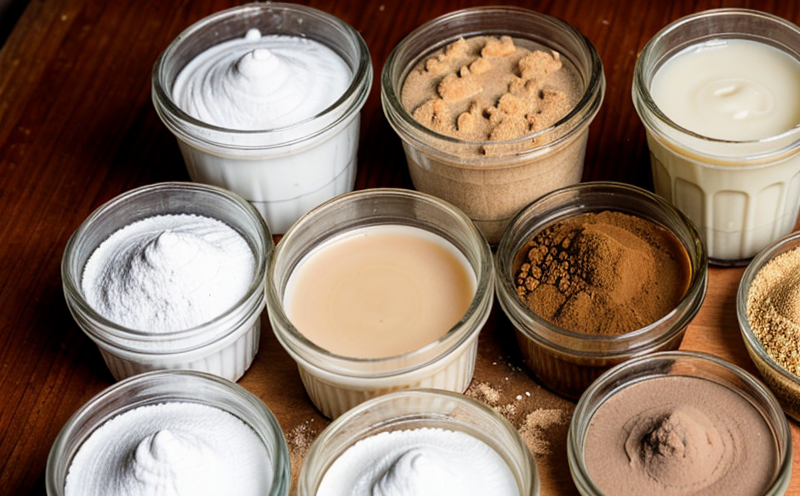EN 17610 Detection of Heat-Resistant Molds in Canned Foods
The detection and control of heat-resistant molds in canned foods is crucial for ensuring food safety, quality, and consumer confidence. EN 17610 provides a standardized procedure to identify these molds through the use of thermal stress testing. This method is particularly important because heat-resistant molds can survive high temperatures encountered during sterilization processes, posing potential risks if not properly identified.
Heat-resistant molds are a significant challenge in canned food production due to their ability to form spores that remain viable even after exposure to extreme heat. These molds can lead to spoilage and contamination, ultimately affecting the shelf life of products. The EN 17610 method involves subjecting canned samples to a specific thermal treatment designed to stress out non-heat-resistant mold species while allowing heat-resistant molds to survive.
The procedure typically starts with the collection of samples from various canned food products that are suspected of containing heat-resistant molds. These samples must be handled carefully to maintain their integrity and avoid contamination before being subjected to thermal treatment in a controlled environment. The thermal stress test usually involves exposure to temperatures around 121°C for an extended period, which is typical for the sterilization process but also sufficient to eliminate non-heat-resistant molds.
After the thermal treatment, samples are incubated at specific conditions to allow any surviving molds to grow. This step is critical as it helps in distinguishing between heat-resistant and non-heat-resistant molds by observing which colonies form post-treatment. The identification process then involves microscopic examination of the colonies, where experts can differentiate based on morphological characteristics.
The EN 17610 method ensures that manufacturers adhere to strict quality control measures and comply with international standards. By implementing this procedure, food producers can enhance their product safety profile and maintain a high standard of hygiene in line with industry best practices.
Real-World Application
In the real world, the EN 17610 method is used extensively by food manufacturers to ensure that their canned products are free from heat-resistant molds. This process helps prevent product recalls and protects brand reputation. Compliance with this standard also ensures that canned foods meet regulatory requirements set by authorities such as the European Food Safety Authority (EFSA) and World Health Organization (WHO).
Acceptance Criteria
- The thermal stress test must be conducted under controlled conditions to ensure consistent results.
- All samples should be incubated for a minimum of 14 days after the thermal treatment to observe mold growth.
- Microscopic examination is necessary to confirm the presence or absence of heat-resistant molds based on morphological features.
Environmental and Sustainability Contributions
- By ensuring that canned foods are free from harmful molds, EN 17610 contributes to reducing food waste by extending product shelf life.
- The standard supports sustainable practices through improved quality control, which helps in minimizing resource consumption and production costs for manufacturers.
Competitive Advantage and Market Impact
- Adhering to EN 17610 can provide a significant competitive edge by enhancing product safety and consumer trust, leading to increased market share.
- Compliance with this standard is often seen as a benchmark of quality in the canned food industry, making it easier for companies to meet customer expectations and regulatory requirements.





